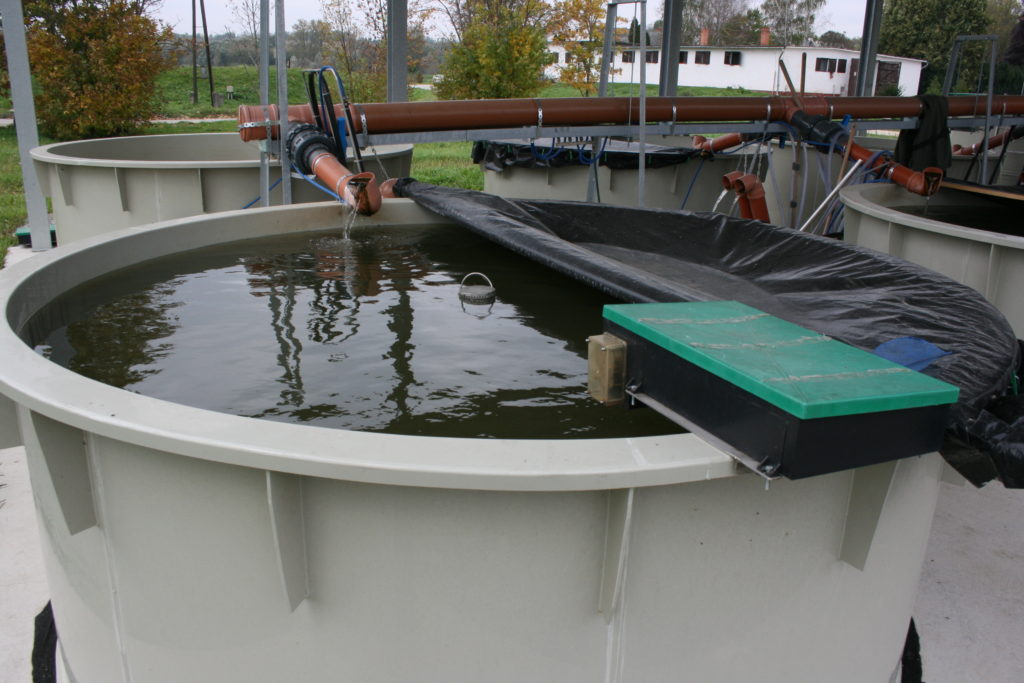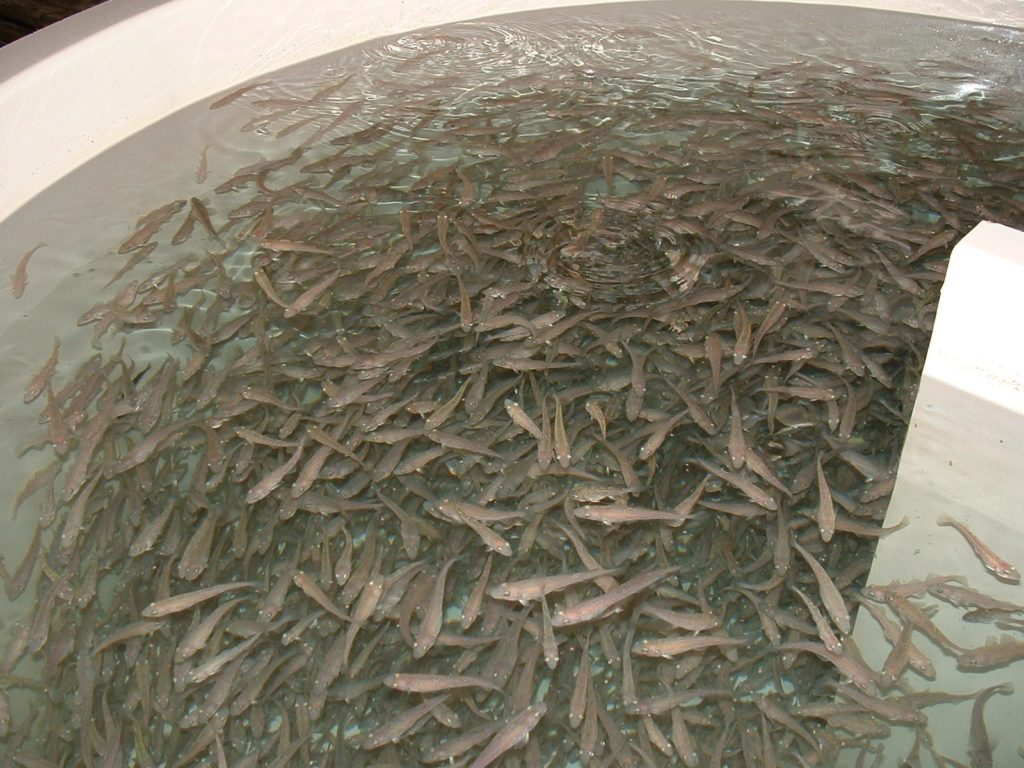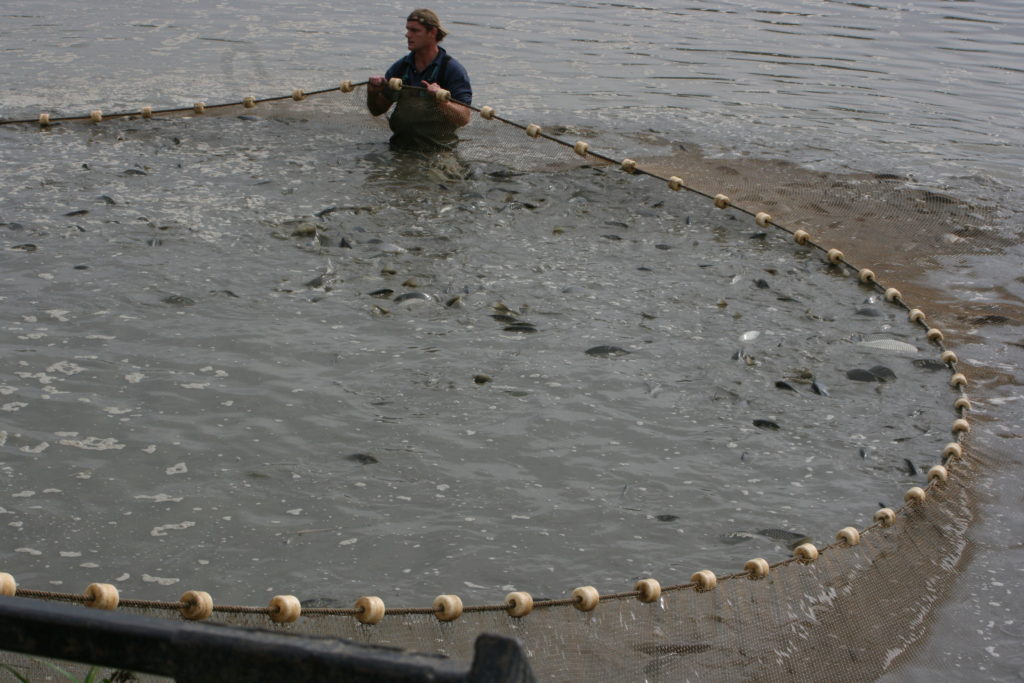Objectives

Aquaculture is a major food production subsector receiving considerable attention as a way to fill the growing seafood supply gap. In the EU and around the globe, the availability of areas suitable for aquaculture is becoming a major problem for the development and expansion of the sector. The experienced team in TAPAS aimed to consolidate the environmental sustainability of European aquaculture. This can support the EU Member States in establishing a coherent and efficient regulatory framework, implementing the Strategic Guidelines for the sustainable development of European aquaculture and delivering a technology and decision framework for sustainable growth.
- To identify sustainability requirements set by existing regulation and licensing approaches, and identify possible bottlenecks hampering cost-efficient regulatory and licensing practices. - achieved by collating, reviewing and assessing regulations and license allocation practices at national and EU level (WP2)
- To identify the gap between the needs and the availability of suitable tools, methods, and frameworks. - achieved by reviewing the practical use of existing tools for carrying capacity assessment, EIA, and management among different users (scientists, strategic planners, regulators, case officers, and industry) (WP2).
- To critically analyze and refine existing tools and technologies - for estimating carrying capacity, contributing to the EIA process, processes for implementation of statutory environmental quality standards, and implementation of wider accreditation systems, and develop new tools for these aspects of sustainability. – including tools appropriate for fine (farm) scale, water body scale, and regional scale studies as well as integrated scale studies. The new tools target offshore, coastal, and inland aquaculture practices in the EU. (WP3, WP5, WP6).
- To assess the environmental services provided by European aquaculture - achieved through an ecosystems services cascade framework that by the combination of the ecosystem and economic modeling will provide metrics for assessing the quality, quantity, and values of benefits obtained from aquaculture (WP 4).
- To strengthen management practices and develop cost-efficient management tools. - achieved by trovement of existing and the development of new forecasting and monitoring tools for near-field and far-field environmental assessment, feeding into optimal site selection, long-term and near real-time risk predictions and early warning of present and future hazards. (WP3, WP5, WP6, WP7).
- To develop an Aquaculture Sustainability Toolbox based on existing and newly developed models and approaches. - providing the building blor integration across the project leading to a Decision Support System for the timely and cost-efficient environmental assessment of aquaculture production and enhanced, transparent licensing and regulation approaches working to a flexible, common framework and taking into account relevant aspects of drivers such as the Water Framework Directive. (WP8).
- To disseminate the outcomes and benefits from TAPAS. – focusing on dissemination activities for uptake of the toolbox and decision support system through various tailor-made actions to ensure their continued use beyond the lifetime of the project (WP9).
Concept

The ultimate goal of the project was to create cost-efficient management tools and practices for the European aquaculture sector to investigate the scope of fish farming activity, social interactions, potential environmental impacts and any future risks.
- Securing sustainable development and growth of aquaculture through improved management of fish farms to harmonize production with the carrying capacity of the selected site.
- Simplifying administrative, regulatory and licensing procedures.
- Supporting the development and implementation of sustainable development and growth of aquaculture through coordinated spatial planning.
- Enhancing the competitiveness of sustainable EU aquaculture.
- Promoting a level playing field for EU operators by exploiting their competitive advantages.
- Supporting member states to improve their aquaculture strategies and effectively use EU and national funding sources.
- Using TAPAS case studies to encourage the development of best practices leading to an improved perception and image of aquaculture.
- Securing sustainable development and growth of aquaculture through coordinated spatial planning by integrating results with existing projects.
Approach

TAPAS was in line with the EU’s Marine Strategy Framework Directive to protect marine environments more effectively and provided consistent real-time monitoring, observation, early forecasting, and management technologies. The research team collaborated with industry, regulators, certifiers and other stakeholders to ensure TAPAS's main outcome, the Aquaculture Toolbox is accessible, using training and outreach activities to improve the image of European aquaculture and promote an integrated sustainability strategy.
The main approaches are:
- Unlocking the potential for the European economy to be more innovative, productive and competitive whilst using fewer resources and reducing environmental impact.
- Developing new knowledge, technologies, and innovations to turn challenges into opportunities.
- Facilitating investments in EU aquaculture.
- Supporting member states to establish a more efficient regulatory framework and to reduce cost and time of licensing aquaculture farms.
- Developing of coastal and marine spatial planning
- Enabling tools for reliable prediction and monitoring of environmental impacts of aquaculture operations.
- To make tools available for quantification of ecosystem services provided by the aquaculture sector
- Strengthening the environmental sustainability of the aquaculture sector and enhancement of its image.


